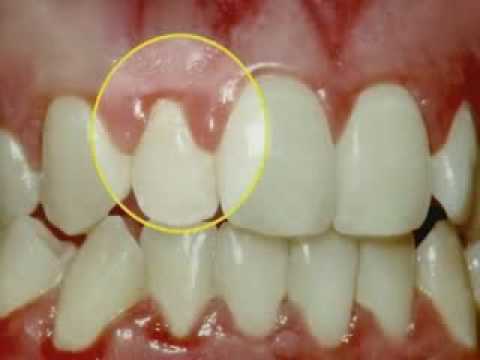Your Gum Health Can Affect Your Overall Health
Poor gum health has been linked to serious health problems in other parts of our body. People suffering with gum disease may be at increased risk of:
* Heart disease and heart attacks
* Diabetes and its control
* Stroke
* Rheumatoid arthritis
* Complications in pregnancy.
Gum disease is an infection of the tissues that support the teeth. It can range from simple gum inflammation to serious diseases that result in major damage to the soft tissue and bone that support the teeth. In the worst cases, teeth are lost. Whether your gum disease is stopped, slowed, or gets worse depends a great deal on how well you care for your teeth and gums every day.
The bacteria in the mouth, along with mucus and other particles, constantly form a sticky, colourless “plaque” on teeth. Brushing and flossing help get rid of plaque. Plaque that is not removed can harden and form “tartar” that brushing doesn’t clean. Only a professional cleaning by a dental hygienist can remove tartar.
The signs and symptoms of gum disease can include the following:
* Red, swollen or tender gums or other pain in your mouth.
* Bleeding while brushing, flossing or eating hard food
* Gums that are receding or pulling away from the teeth, causing the teeth to look longer than before
* Loose or separating teeth
* Pus between your gums and teeth
* Sores in your mouth
* Persistent bad breath
* A change in the way your teeth fi t together when you bite.
Follow these tips to prevent gum problems and maintain healthy gums:
TIP 1 Brush your teeth and gums twice a day for a full two minutes with fluoride toothpaste
TIP 2 Regularly clean the spaces between your teeth with either floss or interdental brushes
TIP 3 Brush your tongue when tooth brushing to remove bacteria harbouring there
TIP 4 Regularly visit your dental hygienist. They can remove the bacteria/tartar lurking below the gums where your toothbrush can’t get to!

